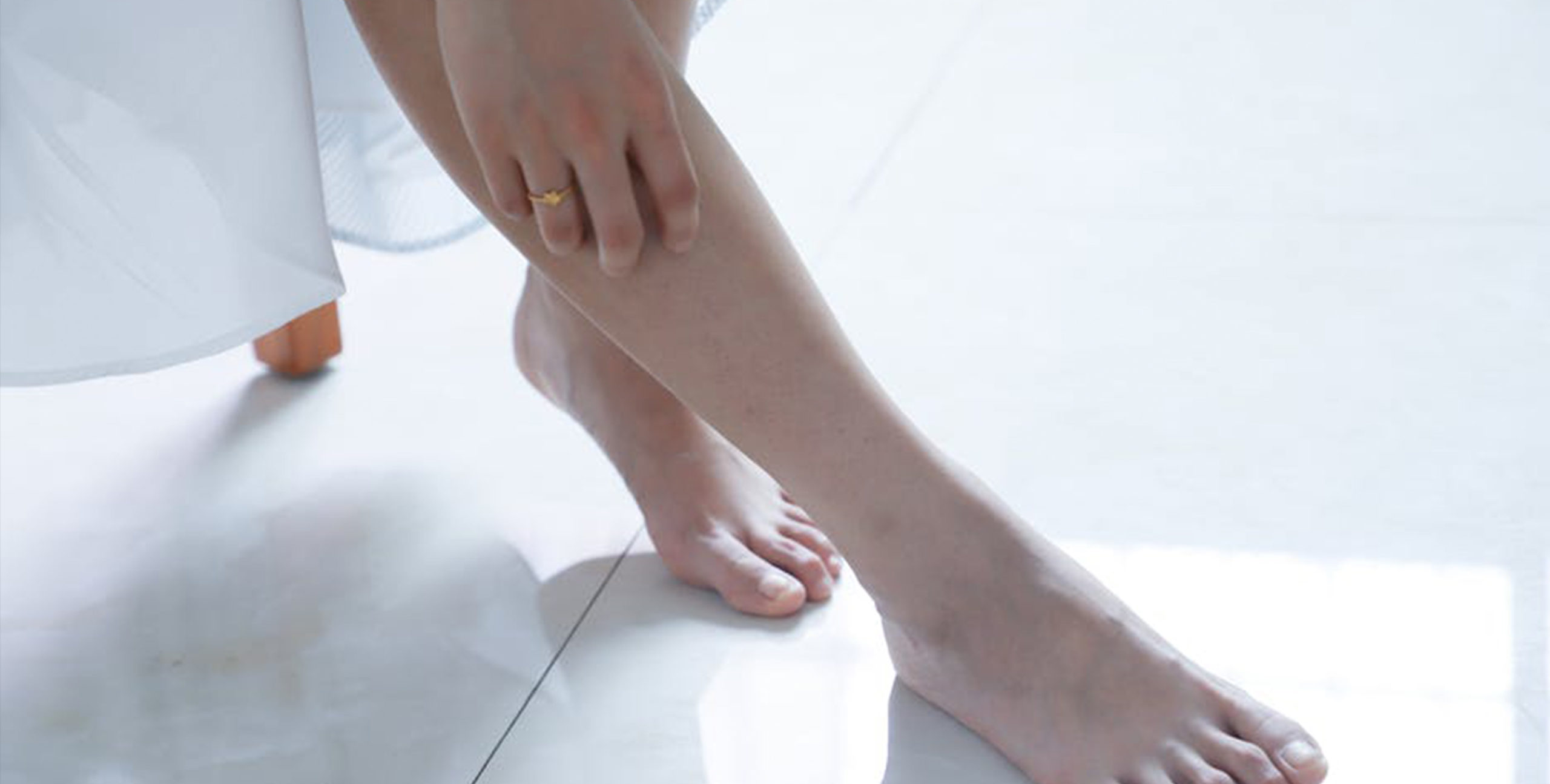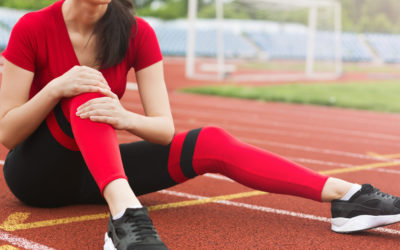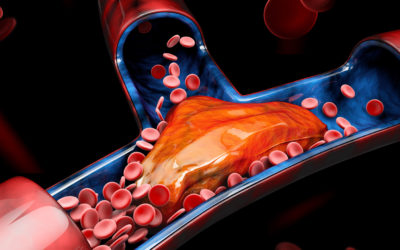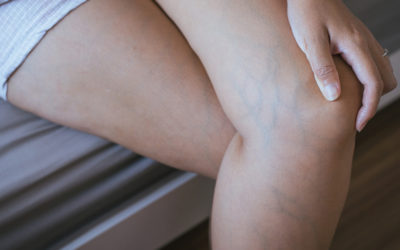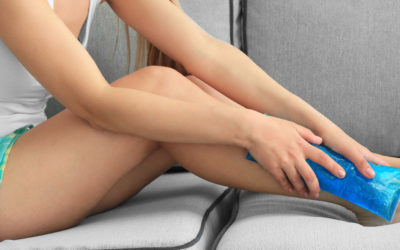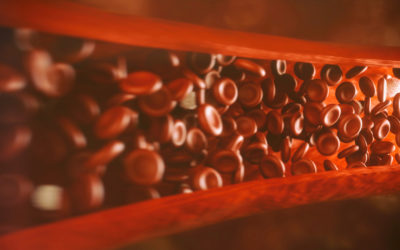Do you have swollen ankles?
If you do, you’ll know how annoying they can be! From struggling to get into your favorite shoes to the discomfort you can experience, it’s definitely not a fun experience.
But where did they come from? Why is everyone else walking around with totally normal ankles while yours are completely swollen?
Take a look at this guide looking at the causes of swelling and how you can treat them.
Edema Swelling
Edema is a condition in which fluid builds up in the tissues in your body. This eventually can cause swelling in certain areas, including your ankles and feet! Other spots that can be affected include your hands and legs.
Luckily, it can be treated. At Lexington Vein Institute, we have edema specialists who can evaluate your condition and find the right treatment for it, so you don’t have to live with swollen ankles forever.
Pregnancy Side Effect
When it comes to what causes swelling, pregnancy is one of the main causes. If you’re pregnant and have swollen feet and ankles, or even a swollen lower body, don’t be surprised!
Usually, this isn’t a cause for concern. However, if you’re seeing sudden swelling or it’s accompanied by pain, you should see a medical professional straight away. You could have preeclampsia, which is a condition where you have high blood pressure and protein is present in the urine.
Foot or Ankle Injury
Injuries often cause swelling, and an injury to the foot or ankle is no different! The most common injury that causes swelling is a sprained ankle, which isn’t a cause for concern. To reduce the swelling and heal, try to avoid walking on it and wrap the foot and ankle in a compression bandage.
If you have severe pain and swelling that doesn’t go away with rest, see a medical professional.
Lymphedema
Lymphedema is caused by a build-up of lymphatic fluid in your tissue, and it’s actually a cause of edema! It occurs when you’ve experienced issues with your lymph vessels or you’ve had your lymph nodes removed, and if left untreated it can cause further issues. Again, this is something we can diagnose and treat at the Lexington Vein Institute, so if you think you may have it then come in as soon as possible.
Blood Clots
If you’ve got a blood clot in your leg, it could be preventing blood from returning from your foot and back to the heart, causing your foot and ankle to swell. These can be life-threatening, so make sure to take it seriously if you have a swollen ankle for no apparent reason and see a medical professional. Signs of a blood clot include:
- Swelling in one leg
- A fever
- Pain
Get Help With Your Swollen Ankles
If you think edema is causing your swollen ankles, you don’t have to just put up with them! Visit us at the Lexington Vein Institute for professional, experienced treatment. If you have any questions, be sure to get in touch with our team; we’re always happy to help.

